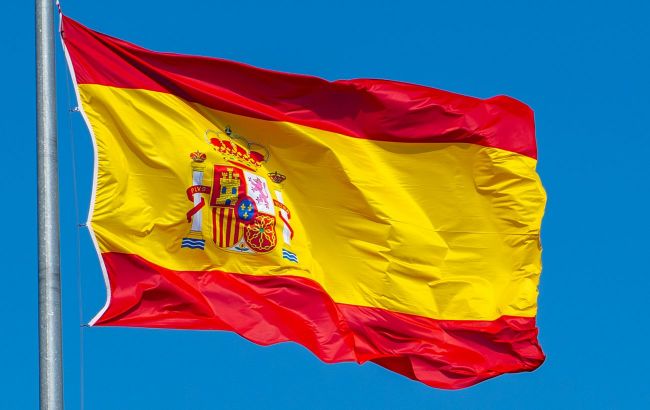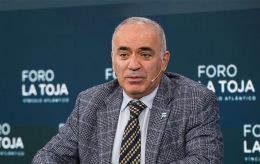Spain blocks Hungary's purchase of Talgo train manufacturer over Ukraine concerns
 Illustrative photo (Getty Images)
Illustrative photo (Getty Images)
Spain has vetoed the purchase of the Madrid-based train manufacturer Talgo by the Hungarian company Ganz-Mávag for €619 million. The primary reason is concerns that the government of Hungarian Prime Minister Viktor Orbán, who maintains close ties with Russia, could gain access to technologies that may be valuable for Ukraine, citing the Financial Times.
Madrid believes that Talgo, which owns advanced technology for automatic rail gauge change, could play a crucial role in rebuilding Ukraine’s infrastructure and integrating its railway network with Europe. In Ukraine, the railway gauge is wider than the European standard, complicating the transportation of passengers and goods.
According to Talgo, which produces passenger trains, its variable gauge system allows the train to change track width while in motion at speeds of around 15 km/h without needing to stop.
Talgo pioneered the development of gauge-changing technology and is still considered a leader in the field, even though most of its key patents have expired, and other train manufacturers now possess similar designs.
Spain’s ban comes in the context of Orbán’s close relationship with Russia.
Spanish Prime Minister Pedro Sánchez has repeatedly criticized Orbán as a pro-Putin leader, accusing the Hungarian prime minister of "trying to bring Ukraine to its knees."
The Hungarian company has already announced its intention to challenge Spain’s decision in court. Representatives of Ganz-Mávag denied suggestions that their interest in Talgo was related to gauge-changing technology, saying that the decision was politically motivated.
Orbán's 'peace mission'
In early July, Hungarian Prime Minister Viktor Orbán visited Kyiv, where he proposed to Ukrainian President Volodymyr Zelenskyy a ceasefire and peace talks with Russia. He then traveled to Moscow, where he met with Russian President Vladimir Putin, followed by a meeting with Chinese leader Xi Jinping.
During his visit to Russia, Orbán made statements on behalf of the European Union, prompting criticism from his European counterparts. As a result, Hungary has faced a certain level of boycott within the EU.

